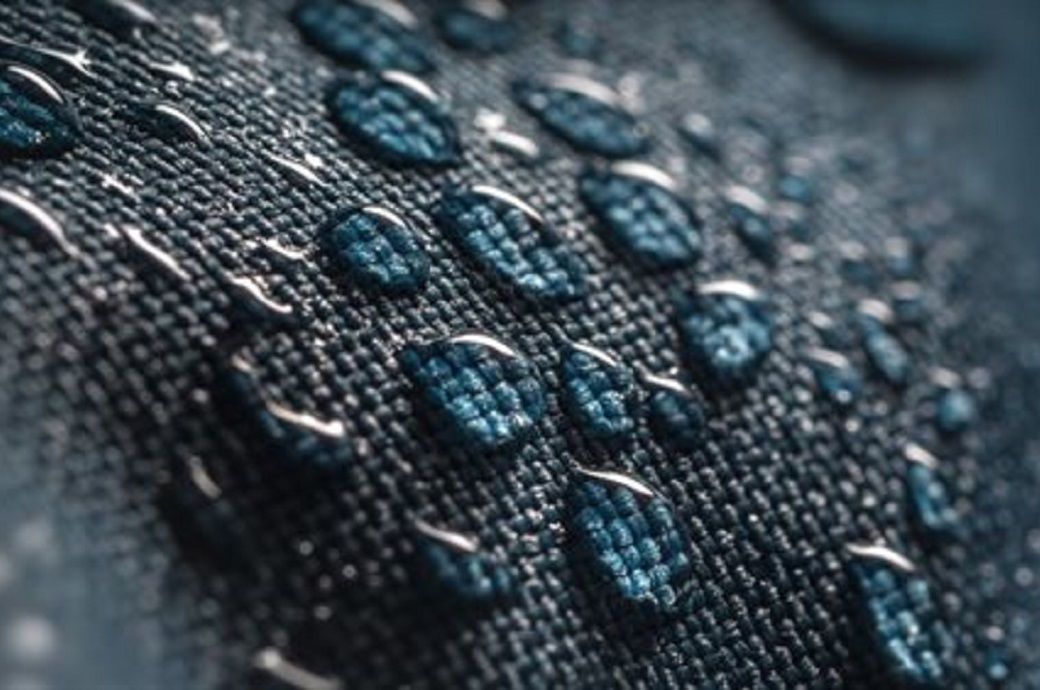UK researchers to study use of enzymes for textile longevity

Insights
- UK's De Montfort University has received funding from UKRI to research using enzymes to prolong textile lifespan and improve recyclability.
- Researchers will focus on wool blended fabrics, using enzymes to separate component fibres for recycling.
- This could help the textile industry move from a linear system to a circular economy, enhancing sustainability.
Professor Jinsong Shen is set to spearhead the innovative project, aimed at uncovering eco-friendly solutions to mitigate the environmental toll of textile manufacturing. The scheme is one of 18 awarded by the Biotechnology and Biological Sciences Research Council (BBSRC), sharing its £5.3 million circular bioeconomy fund. To qualify, each project was required to showcase authentic innovation, effective resource reuse, fossil fuel reduction, and a shift towards bio-based alternatives, according to an article on the DMU website.
This collaborative endeavour, bringing together DMU and Loughborough University, along with industry partners Camira Fabrics, Woolmark and Fox Brothers, will concentrate on wool blended fabrics, including those combined with synthetic or bast fibres such as flax, hemp, and nettle.
The research centres around naturally occurring protein-based biocatalysts, known as enzymes. The team aims to develop an enzyme-based biotechnology to separate blended fabrics into component fibres, making recycling more straightforward. This has traditionally been a challenge due to the various types of intermingled fibres present in these textiles.
If successful, this project could significantly influence the textile industry's shift from a linear system (where products are used and then discarded) to a circular economy (promoting reuse and recycling). This transformative approach offers a sustainable solution, effectively reducing waste.
“This research paves the way for more efficient and effective recycling of textiles. It provides a potential solution to the challenges associated with blended textiles and contributes to the development of sustainable and circular practices in the textile industry,” said Professor Shen.
Dr Colin Miles, head of Bioscience for Advanced Manufacturing and Clean Growth at BBSRC, said: “BBSRC welcomes the opportunity to invest in these innovative projects and give some of our brightest biotechnology researchers the chance to help create a more sustainable future for us all.
“This exciting programme of work will drive forward biotechnological research based on discoveries made by the UK bioscience community to address one of the most urgent challenges of our age; how to build a more circular, sustainable bioeconomy.
“This is essential if we are to reduce our carbon emissions and preserve vital, valuable resources, while at the same time maintaining our national prosperity and growing the economy for everyone.”
Fibre2Fashion News Desk (NB)
































-Ltd..jpg?tr=w-120,h-60,c-at_max,cm-pad_resize,bg-ffffff)





.jpg?tr=w-120,h-60,c-at_max,cm-pad_resize,bg-ffffff)
.jpg?tr=w-120,h-60,c-at_max,cm-pad_resize,bg-ffffff)






